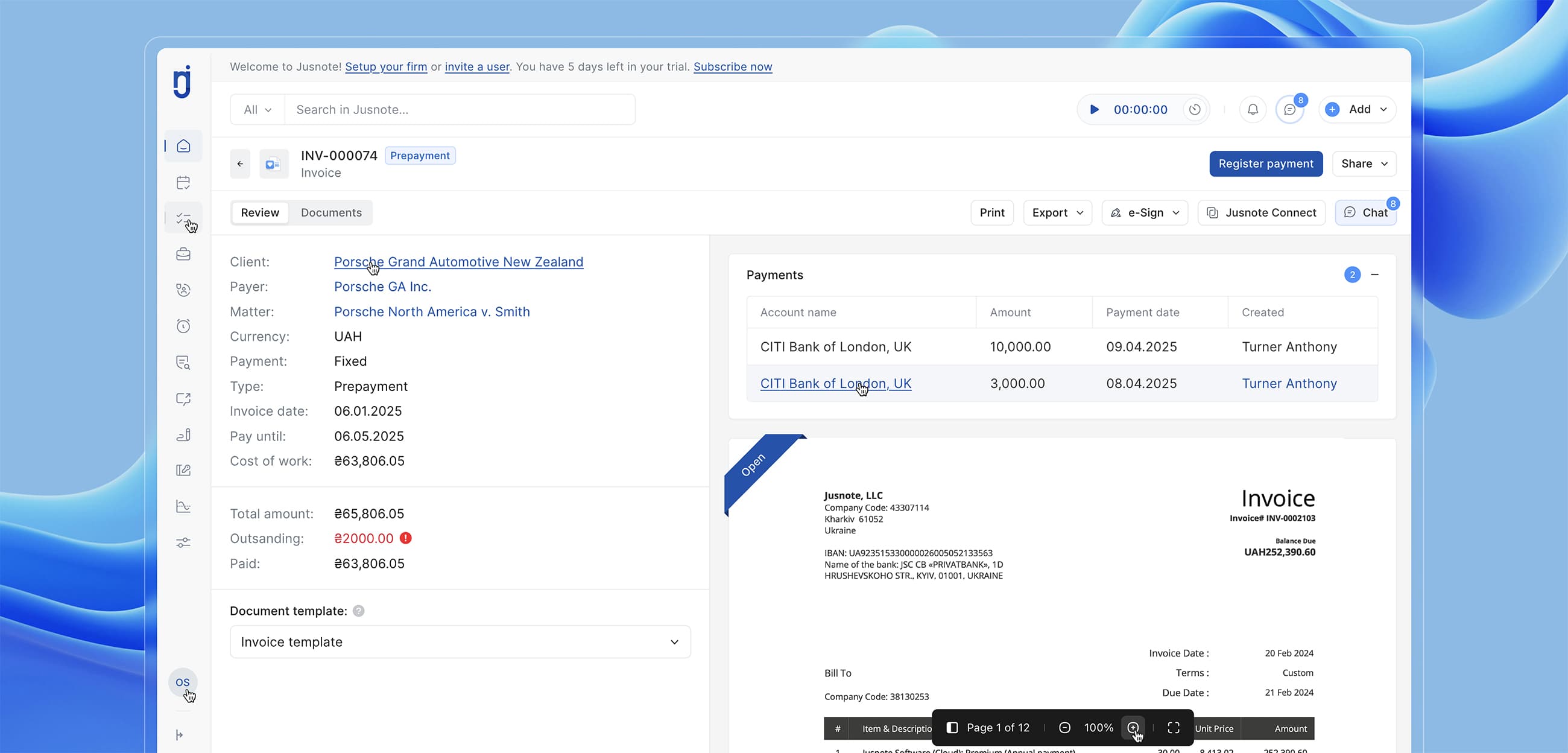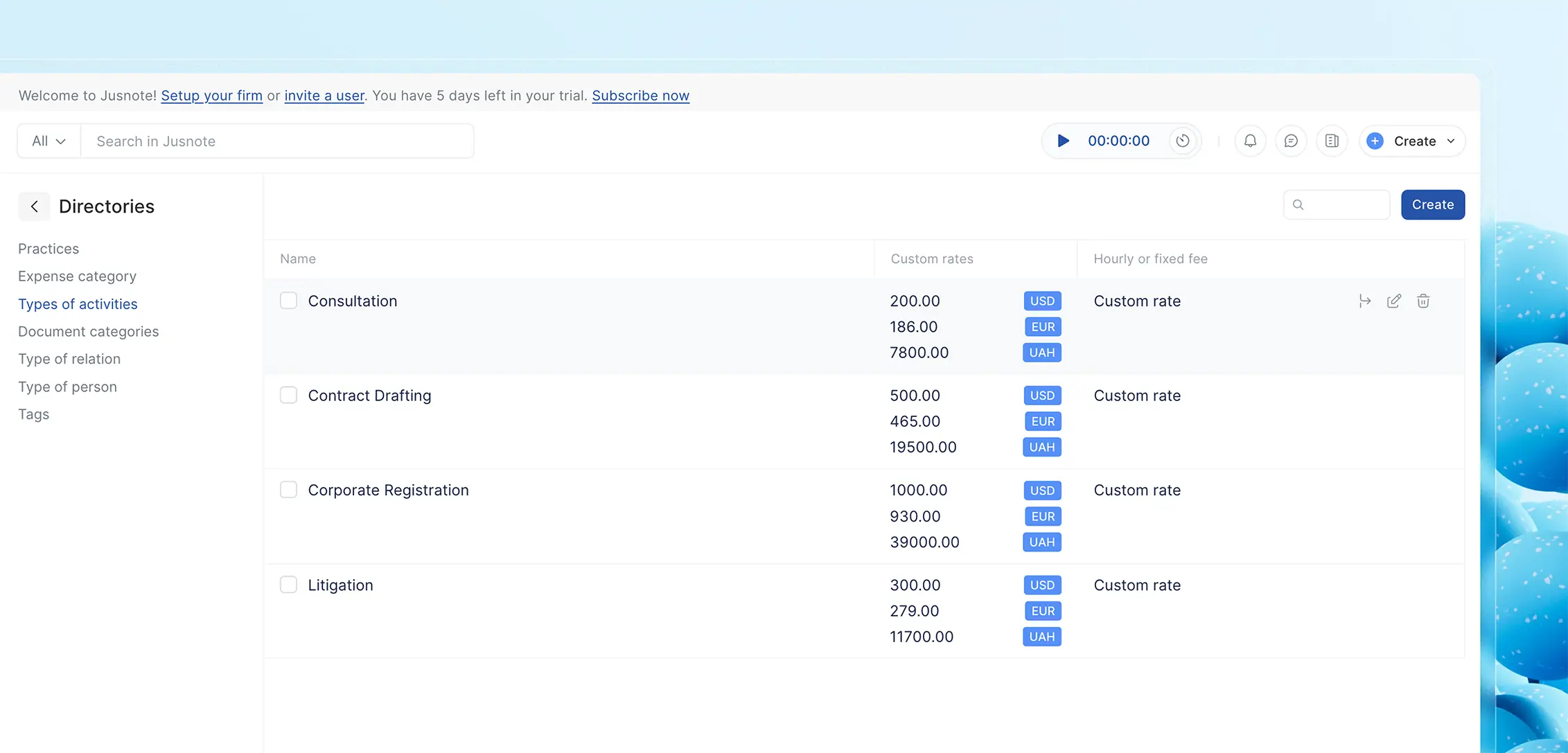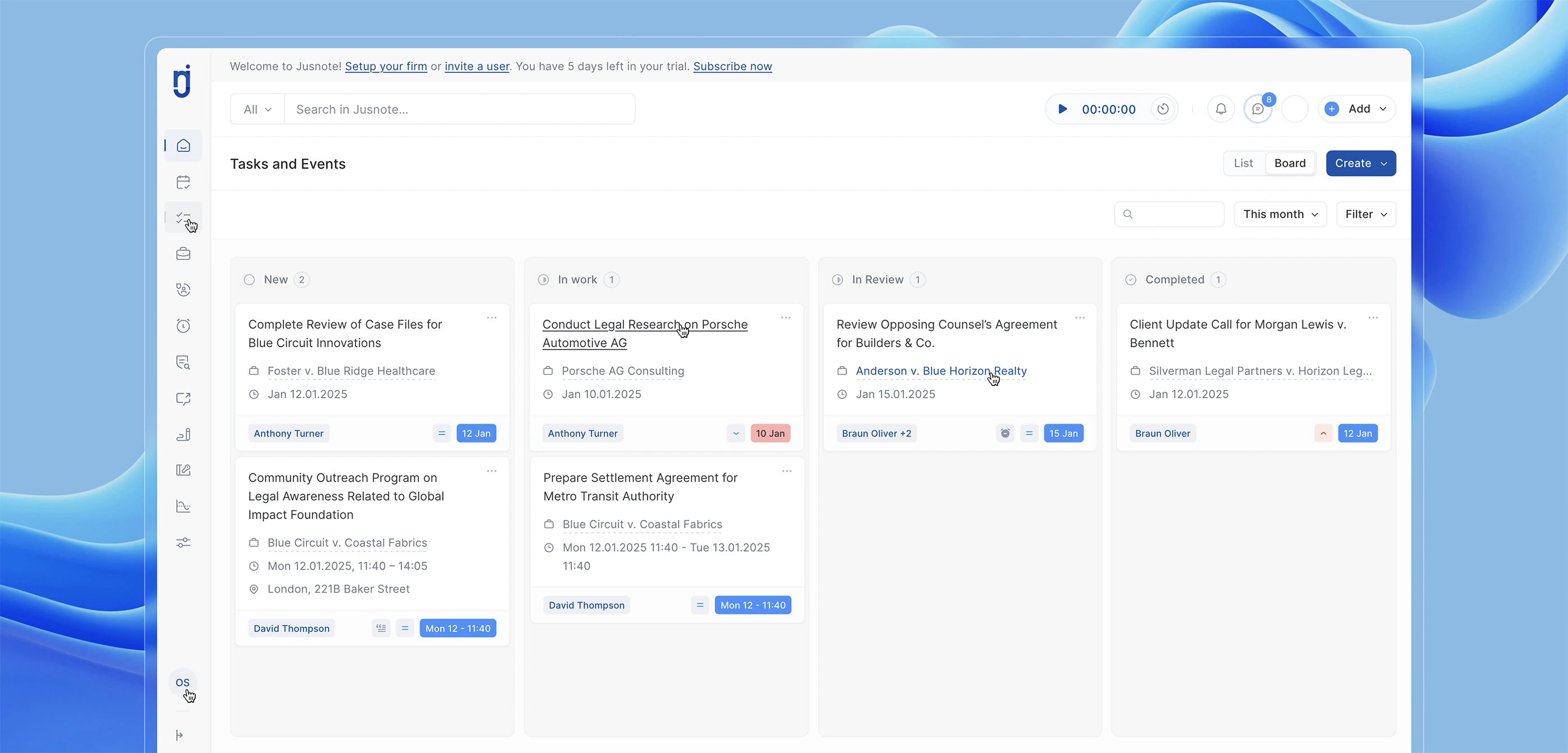Promising technologies like artificial intelligence (AI), augmented and virtual reality as well as social media or targeted digital advertising allow professionals of many industries, including lawyers and attorneys, to cater to clients without communicating in person. A place where you’ll meet, interact with, or bring in prospective clients will likely be virtual — and we cannot disregard the reality we are all experiencing now.
Digital marketing acts like an ever-evolving organism with its own vigorous cycles, ups, and downs. Lawyers and law firms have to juggle between more traditional marketing strategies (like press releases, conferences, webinars, print advertisements, magazines) and online channels, i.g., stay active on social media networks, law forums, etc.
Before you move onward, answer a few questions to determine efforts that will make sense to your practice area:
• What are the core goals you want to accomplish with the use of digital marketing?
• How do you want to grow your brand identity, keep your law company top of mind, and outperform your competitors?
• How much are you willing to invest in marketing campaigns?
• Who are your clients?
• Do you want to increase traffic to your website?
• Are you ready to boost your online presence on social networks?
Now let’s break the science behind the tactics on how to market your law firm, generate leads, and maximize ROI.
Website is an anchor of your marketing efforts

A website can serve as a navigator through your company offers and services to showcase your practice areas, demonstrate legal competence and professionalism. Content formatting, readability, colors, attractive design, navigation elements, social media integration are, of course, all part of a quality website experience. Besides this, a law company’s website should be:
• Conversion-driven. That means your visitors find you quickly as a website is ranked high on search engine results and is seen on the first pages.
• Easy to navigate on your legal services. A website contains required functionality and components; clear call-to-action and navigation buttons to draw new visitors and contact information to keep in touch with legal clients.
• Include high-quality images.That makes key data more memorable and conveys familiarity with your law company brand. Also, imagery helps increase SEO — Google uses the alt text (embedded text description) while crawling the Internet images.

These are fundamentals, though. Here you can deep dive into how a professional website helps law firms earn more money, attract clients and increase trust.
Gain your website organic traffic with SEO
If your company has a website, search engine optimization should be part of your marketing strategy. Having an SEO strategy, you can increase the likelihood of your website emerging in the first lines of search results. Many law firms and individual counselors have managed to mature their legal practice, expand their client base, and attract new clients turning them into “trusted allies”. Nearly 96% of people looking for legal advice use a search engine to find a lawyer or law firm.
Website optimization starts with content optimization. Analyzing and then adding the right keywords are essential to guide a person to your website — matching the client’s intent with website content. It’s done smoothly when your site reflects on terms and phrases visitors fill in the search engine while seeking legal advice. Yet overexposure of keywords might lead to negative website performance. The content you are putting into web pages must address your area of expertise and include relevant details consumers might be searching for, rather than adding useless general terms.
There are plenty of tools to help you with keyword research and analysis such as Ahrefs or SEMrush. To measure your website performance, analyze conversions and page speed, you can use Google Analytics. It can be easily embodied into your website or integrated with other applications.
Things to focus on to let your website turn up among the first page results in your area:
• Include contact details on your homepage such as a physical address, email address, phone number, business and non-business hours, links to social pages (Twitter, Facebook, LinkedIn, etc.);
• Add reviews and testimonials to drive authority and credibility to your website;
• Investigate your clients’ intents — what their most commonly asked questions might look like.
Statistics show that 50% of local searches made on mobile devices result in a visit to a physical address within 24 hours.
Build your virtual presence

Social media help create a professional networking community — you can collaborate with fellow partners, share content and interactively engage prospective clients via their preferred social channels. Plus, build a positive brand reputation before the customer even starts typing their legal request in Google.
To gain authority, and turn your online profile into a source of legal expertise, pay attention to the content you post, when, and where to post. Social networks are not the place for face-to-face client consultations. If you’re a solo lawyer, attorney, or work in a firm, you can blog and portray your legal practice via a social account, but bear in mind ethical policies. You might divulge materials on generalized legal topics, post articles, industry news & updates, or case summaries without disclosing any sensitive client information.
According to the report, 81% of lawyers surveyed said LinkedIn is the top platform to be used for marketing, while Facebook – for 72%.
What are the wins for both solo lawyers and firms?

81% of solo lawyers said they post content written by themselves, therefore strengthening their personal brand. News and industry content were rated second. For large law companies, the main reason might sound like “to stay in touch with customers and network with partners and other lawyers”. Among other reasons are driving more traffic to the company’s website, reading news, discovering opinion leaders, publishing content, or involving in conversions related to some practice area.
Which network to choose largely dwells on the demographic aspect of your target audience. For example, according to Hootsuite, 24% of Facebook’s audience is between the ages of 18-24, and 10.4% are between 45-54. LinkedIn is an incredible source to start building a professional community as it enables good organic reach. LinkedIn, for example, is most popular among U.S. adults between 25 to 49 years old.
Invest in PPC or other paid marketing campaigns
Paid-per-click marketing is a wise investment to generate leads in a fast manner, letting your ads appear in front of the target client. If compared to organic traffic (such as SEO), PPC helps get immediate results (generate leads to your landing page) and amplify your message.
In a nutshell, Google will place ads based on the factors you’ve put in a campaign. These are a keyword strategy (words and phrases, which resonate most with your clients), geolocation parameters to target the right audience, and the amount of money you invest in ads. You will be charged each time someone clicks on your ads.
To make sure your investments will pay off, your firm should reckon the following steps:
– choose the platform you want your ads to be placed on (Google ads is the most popular, though)
– set an adequate budget
– continually monitor daily campaigns and their progress
– conduct reports on monthly conversions, cost-per-click, and other metrics
have (or hire) a dedicated expert to run a campaign
With the right algorithm, your company’s ads will appear on Google’s first page immediately and will drive lots of traffic to your landing page.
Legal specialists shouldn’t stay in the dark about technological advancement and overlook the opportunities to scale their law practice with digital transformation. By beginning with these 4 basics, you can jumpstart a successful marketing journey.
![]()
7-days free trial
Try Jusnote in managing your daily legal practice for free!



 Jusnote Newsroom
Jusnote Newsroom  Search Newsroom
Search Newsroom
 Back to all publications
Back to all publications





















